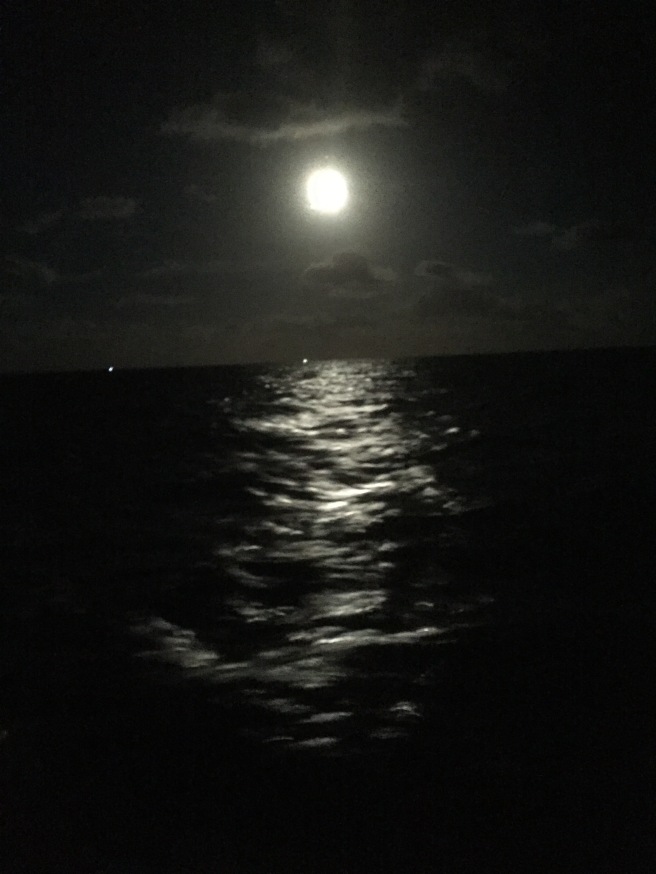‘Refuge of the upright‘ (6)

Some psalms are decidedly dark.
Here’s Psalm 14, almost the same text as Psalm 53, which tells about widespread foolishness, corruption and evil — as if we don’t know, and that hot on the heels of an associated Lectionary reading from Samuel bringing us the Great Psalmist’s truly wicked trick on Uriah.
It’s easy to duck these ones and look for a happier alternative. That of course misses the point of the historical poetry of lament and penitence. In a piece called The psalms and the blues: a little help from James Baldwin, theologian and educator Ben Myers captures it:1
If we think the happy psalms are merely happy and the sad psalms are merely sad, then we’ll also assume that the psalms of vengeance are merely immoral and vindictive, or that psalms of conquest are mere glorifications of military violence – without seeing the whole tragic history that gives rise to such outrageously tenacious expressions of faith.
Perhaps we’d have a better ear for the psalms if we remembered that they are the precursors not so much of Victorian hymnody as of the spirituals and the blues. One catches the true spirit of the psalter in the old African American song:
‘Nobody knows the trouble I’ve seen
Nobody knows my sorrow’.
🎶
As for music, the dark theme seems to have deflected the interest of composers, as settings are very few.
As if to raise the bar even higher, Psalms for All Seasons in 14A offers us an interesting but challenging song in 5/4. For those not comfortable with this difficult rhythm, even though this one is constructed in regular bars of 2+3, it may be better to think of it as a chant without bar lines.
Easier refrains may be found in The Emergent Psalter and the responsorial setting in PFAS 14B, the latter with verses sung to a standard easy tone.
1 Myers, B: ‘Faith and Theology’ blog, www.faith-theology.com 25 Sep 2014

